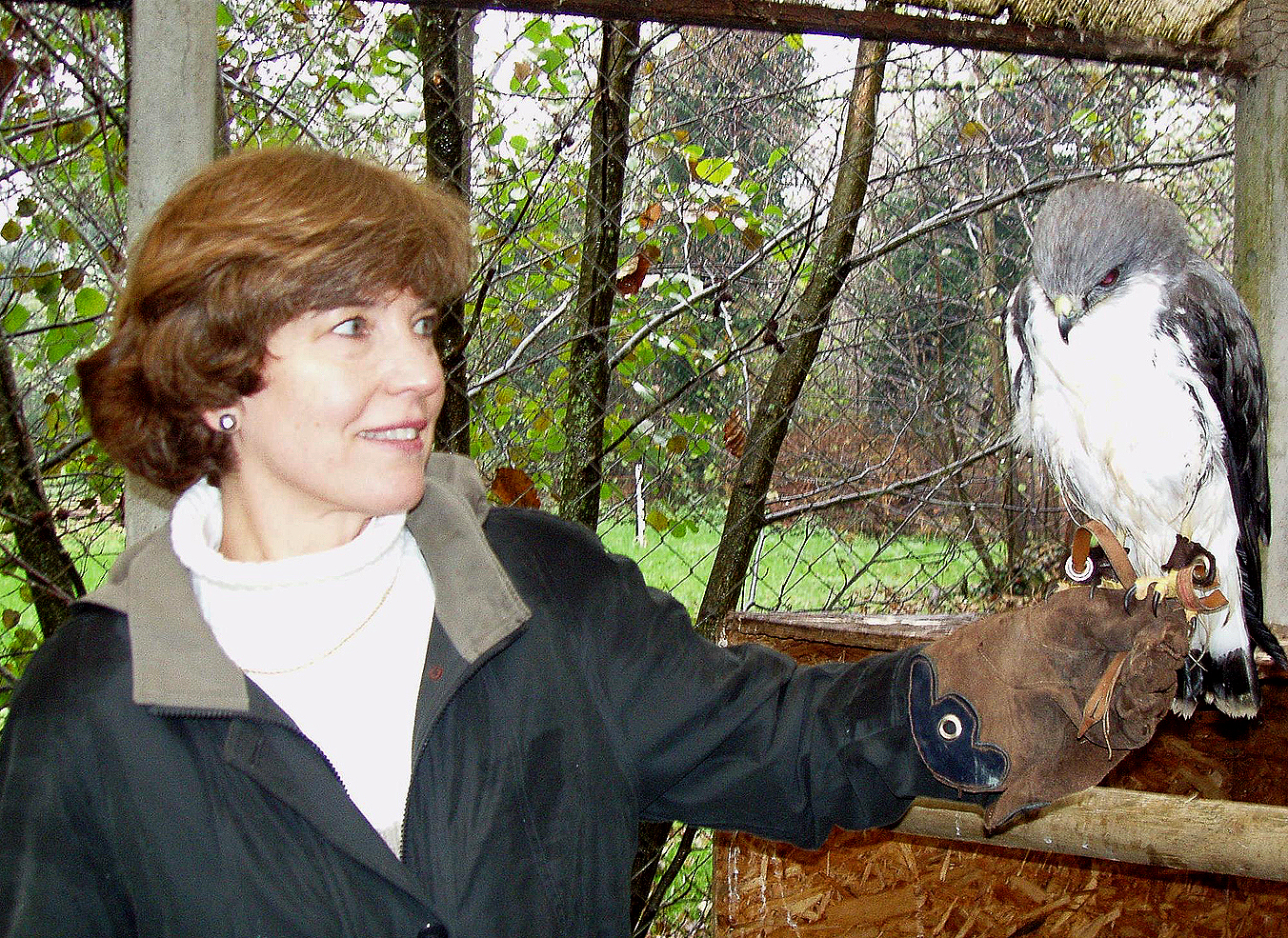New publication launches with focus on five international campuses

Editor’s Note: Since the article’s original date of publication, Virginia Tech’s partnership with MARG Swarnabhoomi has dissolved, ending plans to inhabit the 6,000-square-foot lab in the Amrita Research Park. Virginia Tech’s major enterprise has since moved to Maduravoyal, Chennai, about two hours away and close to Mahindra World City. In Chennai – and at a new site at the Virginia Tech Corporate Research Center in Blacksburg – Virginia Tech researchers and scientists are collaborating with Mahindra engineers to create next-generation “smart” farm equipment.
The inaugural issue of Outbursts, a monthly publication from Outreach and International Affairs, takes readers on a tour of some of Virginia Tech’s international campuses.
Five university administrators and professors contributed stories about campuses in Chile, Egypt, the Dominican Republic, Switzerland, and India.
Valerie Ragan, for example, describes her first view of pudús, which at about 15 inches tall are the smallest deer in the world. Ragan got a chance to see the tiny animals during a trip to South America to expand a partnership between the Virginia-Maryland Regional College of Veterinary Medicine and the Universidad Austral de Chile in Valdivia, where work on conservation of this threatened species occurs.
“They are shy and swift, and I had to look closely to catch a glimpse of them in their pen,” writes Ragan, director of the Center for Public and Corporate Veterinary Medicine at the veterinary college.
In a story about the university's India location (named VT, India), Guru Ghosh, vice president for Outreach and International Affairs, writes about a planned research center devoted to refining and adapting windmills and solar panels for use in households in rural India. The new campus is part of a mammoth development in the southern Indian city of Chennai that will feature grand-scale high-rises and major research-and-development centers.
“Befitting such a high-tech environment, the complex relies on rainwater harvesting and solar lighting,” Ghosh writes. “Amenities abound, including sports complexes and the opportunity to frolic in the Bay of Bengal surf.”
Describing Virginia Tech’s biodiversity program in Punta Cana, Dominican Republic, Jerry Via writes of a campus “nestled between lush tropics and the crystal clear Caribbean Sea” where students can learn about biodiversity, environmental and social sustainability, global issues in natural resources, and hotel and tourism management.
“Our goal with the Punta Cana program is to immerse our students in the Dominican culture, to see life in a developing country, and to take a look at the world through different eyes,” says Via, assistant dean in the College of Science and director of the Punta Cana program. “They then become more informed citizens of the world representing Virginia Tech.”
Sharing the best of Virginia Tech
Each month, Outbursts will offer a glimpse of some of the ways Outreach and International Affairs is sharing the best of Virginia Tech with communities across the commonwealth and around the world, says Ghosh, who is also the publisher of the new publication.
“Virginia Tech has powerful stories to tell about the ways in which the university is improving the lives of people in Virginia and around the world,” Ghosh says. “With Outbursts, we can find the best way to tell these stories of engagement and share them with the greater university community.”
Upcoming issues of Outbursts will feature stories about a program in Roanoke, Va., to train new school administrators, Virginia Tech’s commonwealth campus centers, and a faculty development trip to Southeast Asia.
Outreach and International Affairs supports the university’s engagement mission by creating community partnerships and economic development projects, offering professional development programs and technical assistance, and building collaborations to enrich discovery and learning. Outreach and International Affairs leads Virginia Tech’s presence on five continents; its regional research and development centers across the commonwealth focus on graduate education and professional development.
Dedicated to its motto, Ut Prosim (That I May Serve), Virginia Tech takes a hands-on, engaging approach to education, preparing scholars to be leaders in their fields and communities. As the commonwealth’s most comprehensive university and its leading research institution, Virginia Tech offers 240 undergraduate and graduate degree programs to more than 31,000 students and manages a research portfolio of $513 million. The university fulfills its land-grant mission of transforming knowledge to practice through technological leadership and by fueling economic growth and job creation locally, regionally, and across Virginia.




